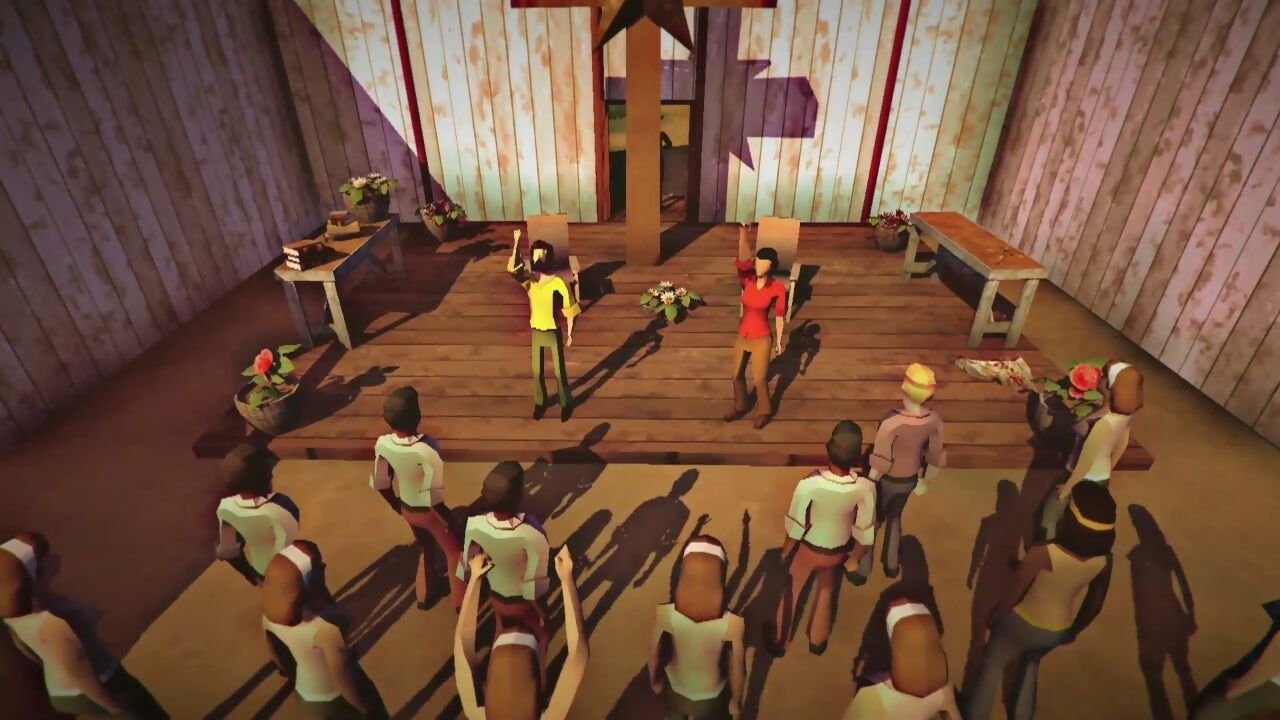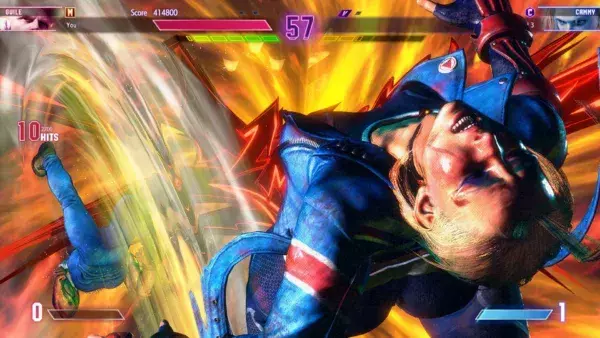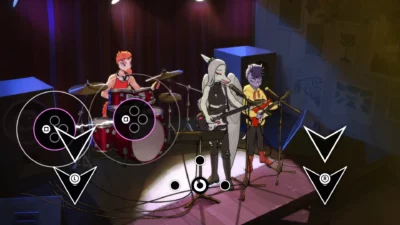
The first cult is the deepest in Paranoid Productions’ roguelike, The Church and the Darkness. Here’s our review…
The Church in the Darkness harks back to a past of revolutionary anger and utopian ideals, where the possibility of a space outside an imperialist, consumerist society could still seem real. In a mode that’s both nostalgic and cautionary, it reflects on a post-Vietnam USA rattled in its moral surety, from the perspective of a socialist commune in the South American jungle.
This is Freedom Town, where charismatic gurus Isaac and Rebecca Walker lead a few hundred idealists with a doctrine based on Christian values, anti-capitalist rhetoric, simple living, and paranoia. You play an ex-law enforcement officer who breaks into the commune to search for your nephew, Alex, a young convert who’s ceased contact with his family.
With its roguelike setup, the twist is that each time you start the game the situation is different, not least the personalities of the Walkers themselves, and with them the atmosphere in the camp. Sometimes, Isaac and Rebecca have become ruthless dictators, sometimes they’re hippie bible-bashers, sometimes there’s discord between them. Accordingly, Alex may be desperate to leave, or might prefer to stay.
The scenario neatly reveals itself as you sneak around the compound, absorbing its sights and sounds. In one game, you may notice more religious gatherings, while in the next you’ll witness punishment rituals. And although most inhabitants are always hostile, a handful of friendly NPCs will talk straight about how things are going. But the main indicator is the Walkers themselves, whose voices ring out like God’s word from the site’s public address system. Whether they’re quoting Lenin or Lennon, praising Jesus or Castro, decrying Nixon or Carter, through them you comprehend the disillusion, love, or duplicity that motivates their project.
It all ensures that when you finally find Alex, you’ll have a plan of action in mind. Will you leave with him? Knock him out and carry him if he refuses? Or go back alone? Will you seek out Isaac or Rebecca before going? Might you assassinate them? Kidnap one of them? Or hear them out? And what about the other commune members – will you kill any that get in your way? It depends what you think is right and how daring you feel, and should you succeed, the multiple endings reflect your choices.
But first you need to survive. The game’s core is a set of simple stealth mechanics, where you use distraction items, hide in cupboards, sabotage alarms, and sneak-attack guards for lethal or non-lethal takedowns. You can rifle through desks and chests in the village huts for items, don a disguise that allows you to get closer to commune members before being spotted, or if all else fails, start shooting and looting bodies for ammo.
The simplicity gives it a good pace. Guards are mercifully dumb and short-sighted, with a vision range that’s clearly visible when you crouch. It creates an easy rhythm, even when it devolves into an odd staccato dance, as you alternate between squatting to reveal the wireframe cones and running into the spaces between them. And where guards conglomerate and cones overlap, throwing a rock to unify their direction is usually enough to slip past.
Sadly, it’s too basic to meet the needs of the multipath narrative. The camp layout never changes, with only NPC positions reassigned with each restart, and you find yourself criss-crossing the same chokepoints and shortcuts time after time. After a few games, you know how everything works, despite the occasional new elements that unlock, so the only interest left is in triggering different endings. At that point, any failure feels like a waste of time, as there’s nothing to learn from it.
The narrative content also loops around too frequently. The same posters and news clippings pop up game after game. Friendly NPCs reel off a near-identical chunk of unskippable speech with each fresh encounter. And while the Walkers make some pertinent points about class struggle and US exceptionalism, you hear them so often it’s hard to care. If the aim is to give you the sense that you’re being slowly indoctrinated, it kind of works, but it’s tiring nonetheless.
It doesn’t help that play can be unwieldy and unreliable. Visually, a murky palette makes it hard to pick out guards when the view is zoomed out, while zoomed in it’s too close to be much use at all, and the top-down perspective can obscure your line of sight. Procedurally, being spotted during conversation is a real danger, so it’s often best to chat from the safety of a cupboard. But with the poorly planned controls, you might accidentally throw a rock instead of hiding, attracting guards to your position. Then Alex might stand blocking your way as you try to flee the danger, or you manage to hide after all, but two guards get stuck in each other’s paths and can’t leave the room. It’s infuriating because errors can be fatal, wiping a promising run.
And it’s a shame, because The Church in the Darkness is formed around an intriguing idea, not least in how it tests the assumption that social alternatives always fail, even if they often do, and asks you to consider your role in Freedom Town’s fate. If only exploring these possibilities was a more substantial and robust experience.
Highlight
Whenever you complete your mission, it’s fascinating to discover how your actions have affected Alex and the compound as a whole. Depending on the context of the scenario, it’s possible to contribute to all kinds of outcomes, from the long-term stability of the camp to a mass suicide pact.
Verdict
An original and intriguing concept that never quite gets to shine.
45%
Genre: Cult-’em-up
Format: PS4(tested)/PC/Mac/Switch/XBO
Developer: Paranoid Productions
Publisher: Fellow Traveller
Price: £15.99
Release: Out now





